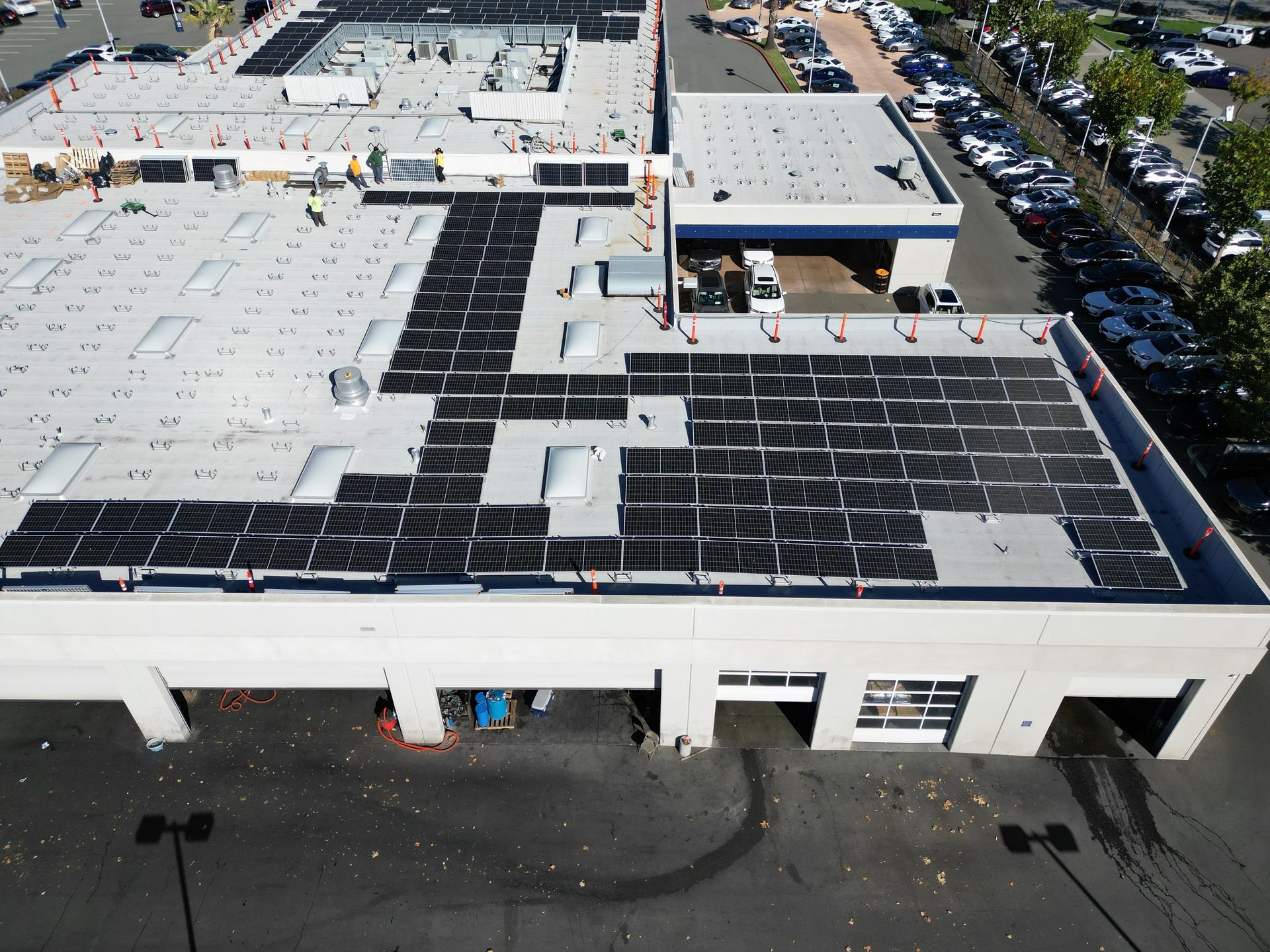What You Need to Know About Solar Batteries
As more households and businesses pivot towards renewable energy sources, solar power has emerged as a popular choice due to its sustainability and cost-effectiveness. An essential piece of solar equipment is the solar battery, which stores energy for use when the sun isn't shining. Let's dive into crucial information you need to understand about solar batteries, their functionality, types, and benefits!
The Basics of Solar Batteries
At their core, solar batteries function by storing the excess electricity produced by your solar panels for later use. During the day, when sunlight is abundant, your solar panels often generate more electricity than your household needs. Instead of sending this surplus power back to the grid, a solar battery captures and stores it. When the sun isn’t shining, such as during nighttime or cloudy days, the stored energy can be drawn from the battery to power your home. This system ensures that you have a consistent energy supply, reducing dependency on the grid and making your solar setup more efficient. Without a solar battery, the excess power generated during peak sunlight hours would generally be sent back to the grid. Having this piece of solar equipment ensures that you utilize most, if not all, of the energy your solar panels produce.
Types of Solar Batteries
There are primarily three types of solar batteries: lead-acid, lithium-ion, and saltwater. We've found that lead-acid batteries are the most affordable but have shorter lifespans and lower energy capacity. Lithium-ion batteries are more expensive but offer better efficiency and longer lifespans. Saltwater batteries are an emerging option that foregoes heavy metals for a more environmentally friendly solution. The choice of battery largely depends on your specific energy needs and budget.
When deciding between these battery types, it's essential to also consider factors like maintenance. In the experience of our experts, lead-acid batteries typically require more frequent upkeep, such as regular water refilling, while lithium-ion batteries are mostly maintenance-free, making them a more convenient option in the long run. Saltwater batteries, though relatively new to the market, are gaining attention for their lower environmental impact, but they may not yet have the same level of industry support or proven reliability. Weighing these aspects can help you choose the best battery for your solar system.
Impact on Energy Independence
Solar batteries play a crucial role in enhancing energy independence. With the ability to store excess energy, homeowners can significantly reduce their reliance on the grid. According to the U.S. Department of Energy, more than 3% of U.S. electricity now comes from solar power. With solar batteries becoming more affordable and efficient, the number of households achieving near-total energy independence is on the rise.
In addition to maximizing energy usage and allowing for energy independence, solar batteries also provide a valuable backup power source in case of outages. During grid failures or power shortages, the energy stored in your battery can keep essential appliances running, offering peace of mind in emergencies. This capability is especially useful in regions prone to power outages, ensuring that your home remains functional even when the grid goes down. By storing surplus energy, solar batteries are an essential piece of solar equipment that help increase your energy independence, allowing you to rely less on external sources and reduce long-term electricity costs.
Financial Incentives
Investing in solar batteries can also bring financial benefits. Many regions offer tax incentives, rebates, and subsidies for those who install solar energy systems with battery storage. These incentives can substantially reduce the initial investment cost, making solar energy a more appealing option for a broader range of people. Additionally, being less dependent on the grid can lead to lower electricity bills, providing financial savings in the long run. With a battery system in place, you can reduce or even eliminate the need to buy electricity from the grid during peak demand hours, when rates are highest.
Solar batteries are an integral piece of solar equipment, offering numerous benefits from energy independence to financial incentives. Understanding the different types of batteries, their efficiencies, and lifespans can help you make an informed decision that best suits your energy needs. As solar power continues to grow in popularity, adopting solar batteries can pave the way for a more sustainable and financially prudent future. If you'd like to get started, talk to the professionals at Solar Savings Direct, Inc today and ask about our free estimates!










Share On: